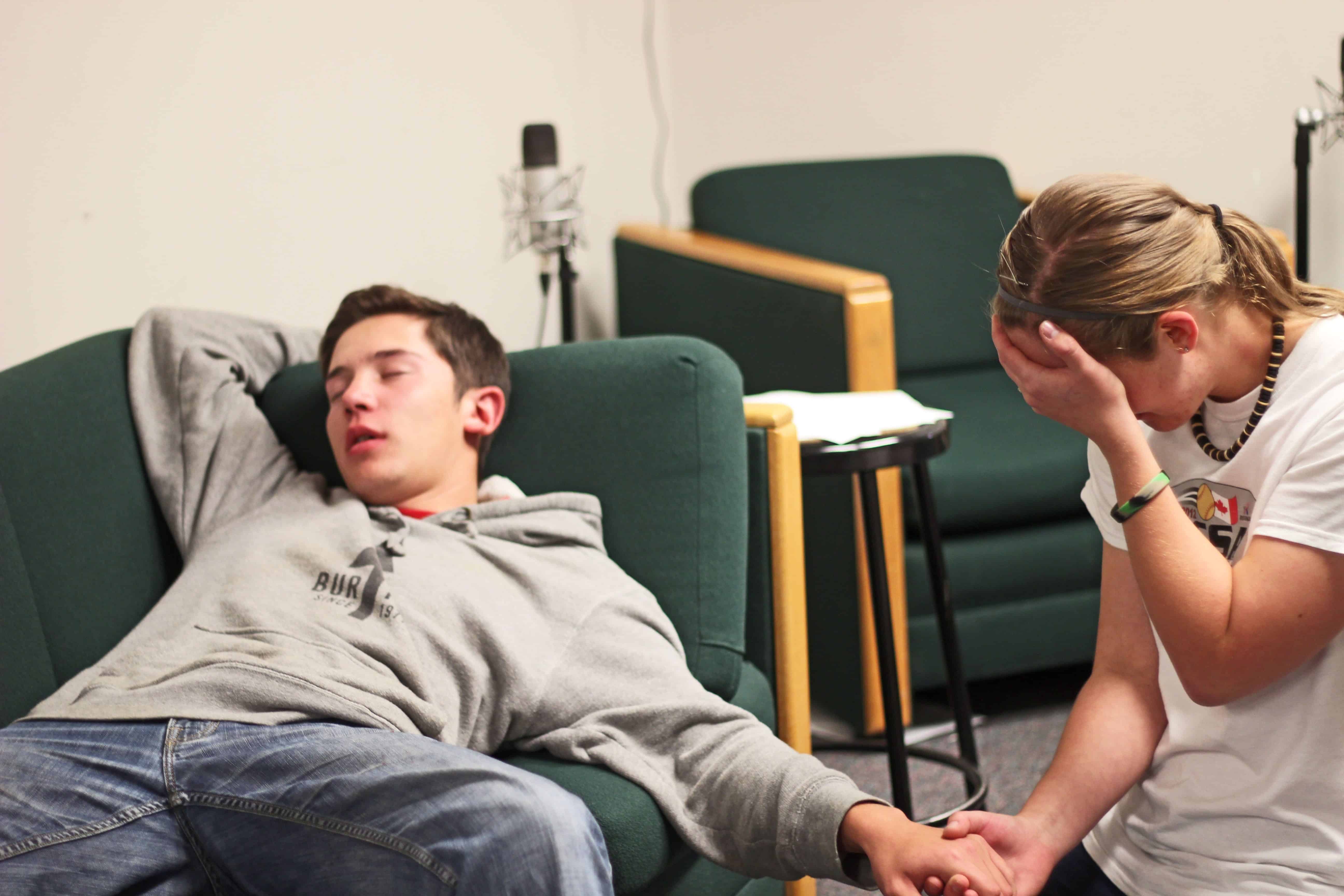The illusion of a clean death

Assisted suicide does not relieve all pain.
Author: Patrick Malone
In a recent edition of the National Post, columnist Jonathan Kay describes enshrining the right to assisted suicide as an issue of control. For him, it is the assurance that one’s life is directed by one’s own wishes. One can refuse to lose control over one’s bodily or mental functions. According to him, those who believe that assisted suicide violates the absolute sanctity of life are “doctrinaire” in that they impose their vision and control others, as opposed to authentically believing that something is morally wrong with this act. Assisted suicide, Mr. Kay says, prevents us from having to “outsource the circumstances of our deaths to doctors.” This focus on control, however, is highly problematic.
The availability of assisted suicide does not actually guarantee that people can control the manner of their deaths. There is concern that enshrining the so-called ‘right to die’ will inevitably develop into a ‘duty to die,’ in that elderly patients who are still functional might feel the pressure to end their lives in order to free medical resources and avoid inconveniencing their families. They might feel selfish for wanting to live. While there might not be anybody explicitly encouraging this person to end his or her life, the implicit attitude that life is most worthwhile only if one is completely healthy and functional can certainly be a negative influence on that vulnerable person’s self-conception. If any pressure is perceived as being exerted, then one cannot say that this person is truly in full control of the decision to die. In this way, assisted suicide raises more problems than it solves.
Our justice system is founded on the idea that guilt must be proved beyond a reasonable doubt; it is better for ninety-nine guilty persons to walk away free and unpunished that it is for one innocent person to be wrongly convicted. That is, of course, one of the main thrusts behind the movement to abolish the death penalty. Similarly, if we are to open the door to assisted suicide, we need to ask if we are making it possible for people to feel pressured into committing suicide, when they would rather live. Is this a price we are willing to pay in order to accommodate those who do desire death? If not, how are we going to protect the vulnerable people who want to continue living? Our culture holds that the protection of innocent life is valuable. Therefore, we must ensure that we protect it, even if this restricts our own choices.
Mr. Kay says that life is only made bearable by the illusion of immortality. He seeks to replace it with the illusion of control. We don’t and indeed can’t control everything in our lives, so defining our lives by our control over them is incongruous with our actual experience. Ultimately, it is not our imagined absolute control over our lives that that makes them valuable. It is the fact that we exist, either as reflections of God or as the unlikely results of a cosmic accident, to broadly illustrate the main views. Each option is overwhelming enough to give mere existence some value. Whichever way, our choice is puny. Let’s not define our lives, or what Mr. Kay calls the final moments that “matter most,” by it.









